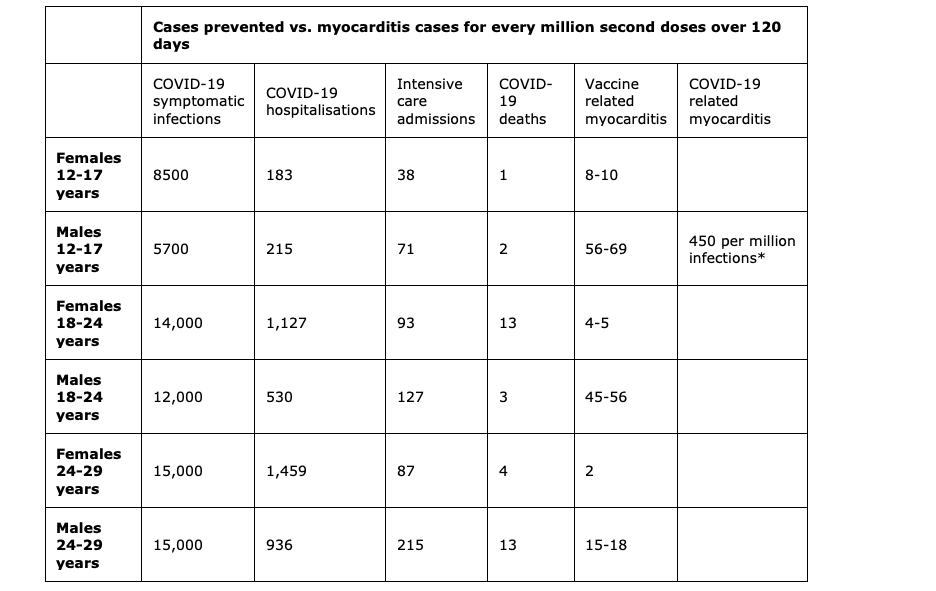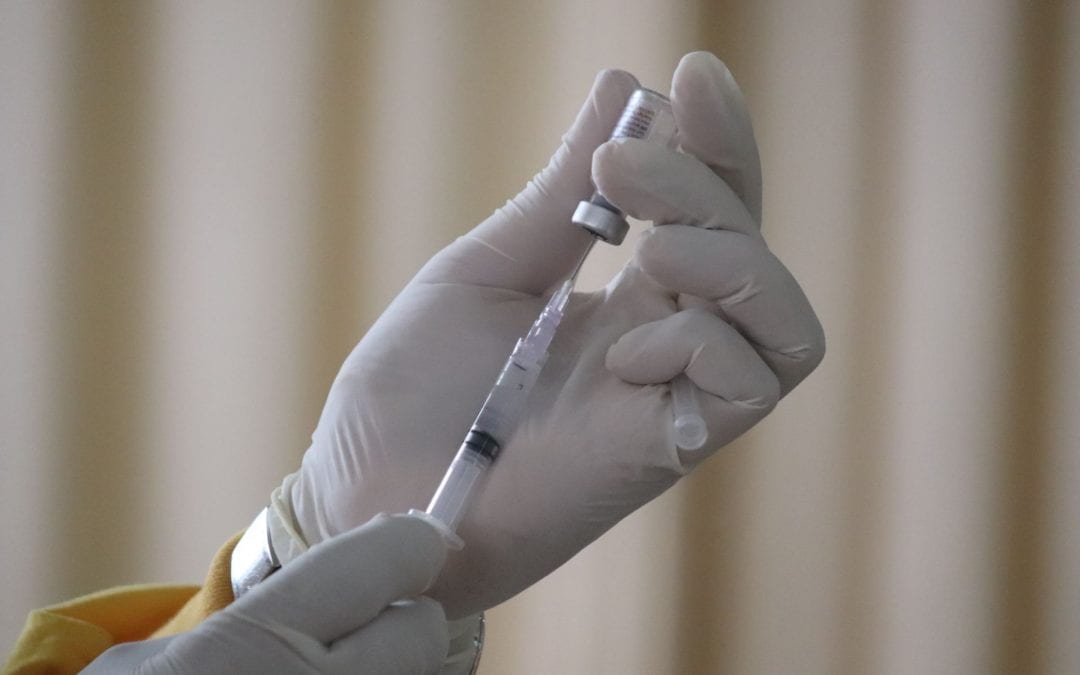By Helen Petousis-Harris
Health risks from contracting Covid-19 far outweigh the rare vaccine side effect linked to the woman who died in New Zealand last week. Helen Petousis-Harris explains.
After hundreds of millions of Covid-19 vaccination doses given worldwide, extremely rare side effects are being detected. For the mRNA vaccines, there is one of concern: myocarditis or pericarditis, which is inflammation of the heart muscle or sac around the heart. Yes, there have been cases reported to the New Zealand regulators.
The condition is being linked to the tragic death of a woman who had medical issues and died days after vaccination. The cause of death has not yet been determined and has been referred to the coroner. However, it is possible the vaccine played a role.
This news is likely to cause concern among some members of the public who have already had, or are due to have, their vaccine so I will explain the condition along with the relationship to the Covid-19 vaccine and give some perspective to this very sad loss.
What are myocarditis and pericarditis?
Myocarditis is an inflammation of the heart muscle; pericarditis is inflammation of the sac around the heart.
Each year New Zealand has around 100 cases of myocarditis. A key cause can be viral infection such as influenza or Covid-19. Symptoms include an abnormal heartbeat, chest pain, and difficulty breathing. The condition can be severe and life-threatening. Most cases will be admitted to hospital.
Myocarditis and pericarditis following mRNA vaccines
Q. Is this a thing?
A. Yes.
Q. Should I be worried?
A. Not unduly, this is very rare, and most cases recover. You are much more likely to get myocarditis if you get Covid-19. In fact, being struck by lightning is more likely so while you should be forewarned, you should not lose sleep over it either.
Since rolling out the mRNA vaccines (Pfizer and Moderna), a rare safety signal has been identified that alerted us to an unexpected number of cases of myocarditis as well as pericarditis. (Safety signals are produced from reports of new and adverse events that may be connected to a vaccine.) After extensive investigations we know the following:
- Rare myocarditis cases are typically occurring in males under the age of 30 within days of receiving of the second dose (generally within a week)
- Rare pericarditis cases typically occur in older adults around 21 days after their first or second dose
- In these cases, the course of disease is generally mild and resolved with rest and anti-inflammatory medication
- Long-term follow-up of cases is ongoing
- When hospitalised the average stay is two days.
Summaries on the issue of myocarditis are available from the US and the European Economic Community (EEC):
From the US Centres for Disease Control and Prevention (CDC)
- 133 million second doses administered and 636 reported myocarditis cases to July 11, 2021 (about six per million per second doses)
- In young males 12-17 years old there are 63 cases; 18-24 years old, 51 cases; 25-29 it is 16 cases per million second doses
- In females the risk is about eight times lower
From the European Medicines Agency
- 138 cases after 177 million doses of Pfizer
- 19 cases after 20 million doses of Moderna
- Cases usually occurred within 14 days after dose two
- There were five cases in older people or those with underlying health conditions who died
Benefits and risks for Pfizer vaccine
The table below is based on contemporary US data and reflects the disease risks for these younger age groups when the Delta variant is circulating in the community.

Based on US data for week 22 May, 2021. Adapted from Wallace and Oliver, ACIP meeting 23 June, 2021.*New Scientist.
The benefits of receiving the Pfizer vaccine in these younger age groups far outweigh the risks associated with it. While NZ has very little Covid-19 in the community at the moment due to lockdown, once we ease the restrictions and open the boarders then community transmission of this infection is inevitable.
Perspective
In New Zealand around 65 babies in 100,000 develop a telescoping of the bowel called intussusception each year. The condition is a medical emergency, and the cause is not known for nine out of 10 babies.
Before a vaccine against rotavirus – a nasty little virus that is a major cause of serious diarrhoea in infants – was included on the National Immunisation Schedule, a lot of babies and young children ended up in hospital because of rotavirus infection.
However, the vaccine comes with the rare and potentially serious side effect of intussusception. In Australia, an additional five-six cases of intussusception may occur in every 100,000 babies having the rotavirus vaccine. This risk should be communicated to every parent before the vaccine is given and advice for early symptom recognition provided. Despite this small risk, most babies receive their vaccine, and hospitalisation for this disease is now uncommon in New Zealand. There has been no increase in intussusception observed in this country.
The myocarditis risk associated with mRNA vaccines is not dissimilar to the intussusception risk with rotavirus vaccine. Vaccinees should be informed about the risk and what to do if symptoms occur – but having the vaccine is still the wisest, healthiest choice by far.
This article was originally published on Newsroom and was republished with permission. For the original, click here.
Helen Petousis-Harris is an Associate Professor in the Department of General Practice and Primary Health Care at the University of Auckland. She is also the Director of the Vaccine Datalink and Research Group.
For more information on COVID-19, head to the Ministry of Health website.
Disclaimer: The ideas expressed in this article reflect the author’s views and not necessarily the views of The Big Q.
You might also like:

